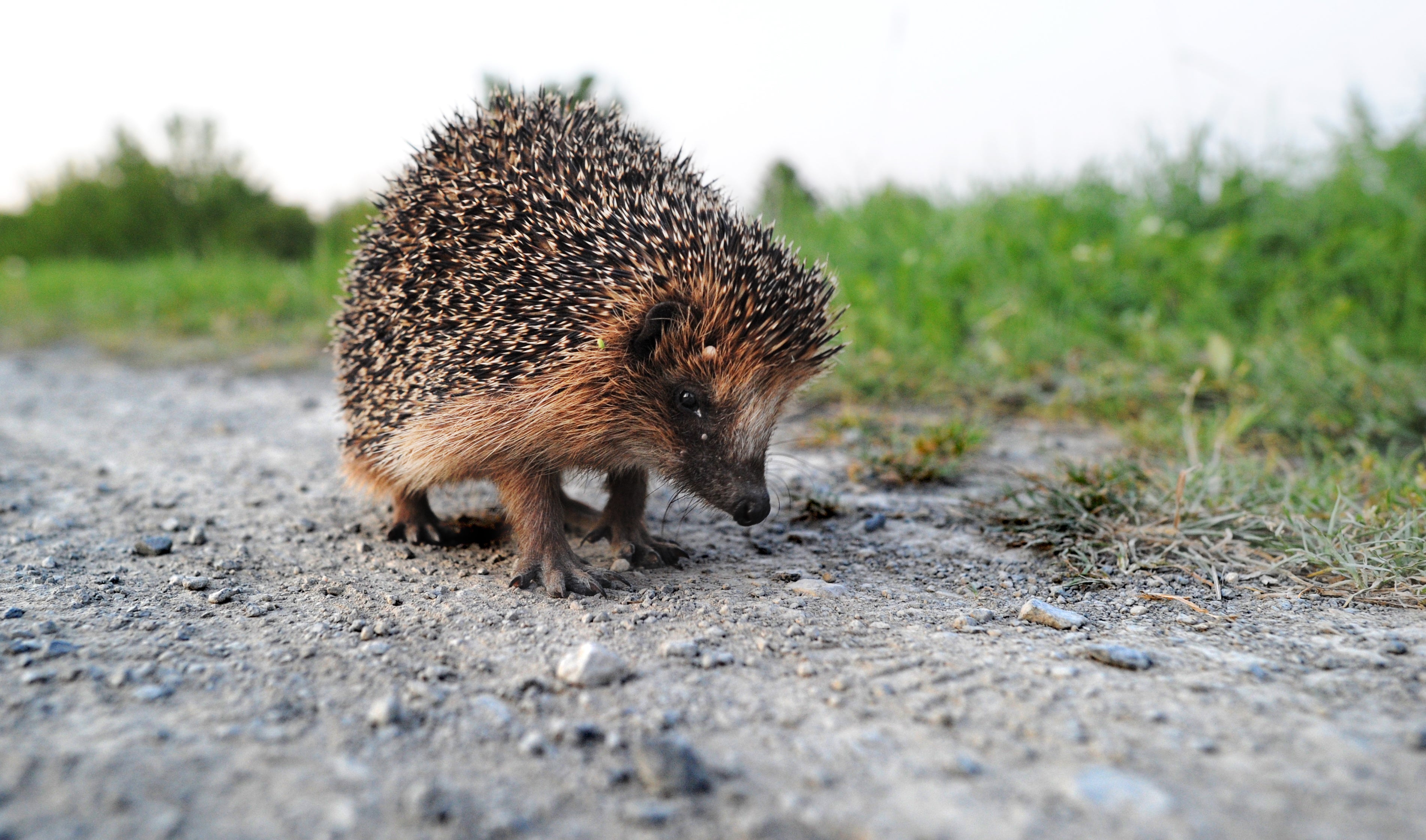Just 5% of UK’s land protected for nature – nearly six times less than government claims, study says
Findings suggest global conservation progress may have been overestimated, researchers say
Just 5 per cent of the UK’s land is being protected effectively for nature, a study has found – nearly six times lower than the figure (28 per cent) reported by the government.
The research, by scientists at the environmental charity RSPB, analysed all of the UK’s land-based protected areas.
It found that, out of the 28 per cent of land reported to be protected for nature, only 11 per cent is designated primarily for nature conservation.
And only around half of sites designated primarily for nature are currently in a good condition, according to the study, published in the journal Global Ecology and Conservation.
Dr Graeme Buchanan, study author and a conservation scientist at the RSPB, told The Independent: “There is a considerable difference between the level which has been quoted about the level of effective protection in the UK and the actual level, which we find using readily available figures.”
Setting aside land for nature can effectively protect biodiversity while boosting vital carbon stores, he added.
“A study published last year found that there is a disproportionate amount of carbon stored within protected areas,” he said.
For the analysis, the researchers made use of public data on whether protected areas in the UK are in a favourable or unfavourable condition.
“What makes a site in favourable condition varies between protected sites,” he said. “So, for example, if the site has been identified for a particular species of plant, it will depend on the population of that plant.”
The findings for the UK suggest that “global progress [on stemming nature loss] may have been overestimated”, the scientists said in their research paper.
A damning UN report published last year found that all countries had failed to meet targets for stemming nature loss set in 2010 for the year 2020.

The UK, which is one of the most nature-depleted countries in the world, failed to meet 17 out of the 20 international targets set to reverse nature loss by 2020.
One of the targets that the UK claimed it did meet was the goal of protecting 17 per cent of its land for nature by 2020. According to the new results, however, the UK did not come close to meeting this target.
Last September, the UK set a new pledge to protect 30 per cent of the UK’s land for nature by 2030. It is leading a growing group of countries aiming to protect at least 30 per cent of the world’s land and oceans by 2030.
Kate Jennings, head of UK protected areas and species policy for the RSPB, said: “If the UK intends to fulfil its ambition of being ‘a global leader’ in the fight to save nature, the UK government must significantly increase the area of land protected and effectively managed for nature, with a focus on quality as well as quantity.”
She added that the UK, which is due to host the global climate conference Cop26 in two months’ time, must urgently set out “well-funded actions for [both] nature and climate”.
“The nature and climate crises are so intertwined that bold ambitions and targets must be put into legislation in order to restore nature,” she said.
A UK government spokesperson said: “Our landmark environment bill will include a duty for a new, historic, legally binding target aiming to halt the decline in species abundance by 2030.
“As part of our commitment to protect 30 per cent of land by 2030, we are determined to strengthen our existing network of protected sites and protected landscapes, by improving their value for biodiversity, and by extending them or identifying other effective area-based conservation measures.”
Join our commenting forum
Join thought-provoking conversations, follow other Independent readers and see their replies
0Comments